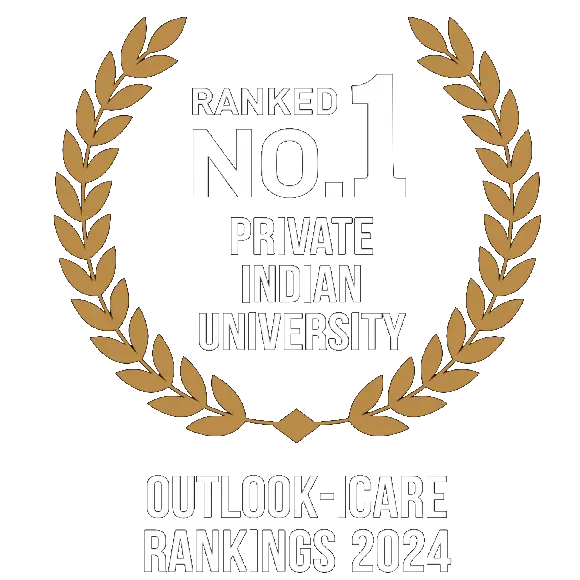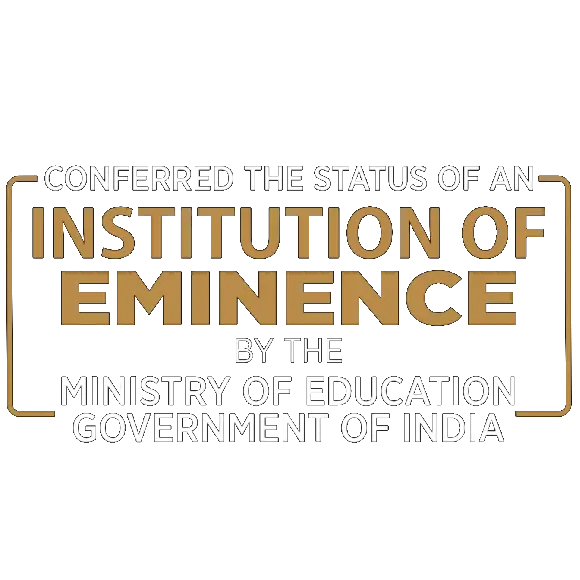JSPH is a school of public health that is committed to fostering an environment of interdisciplinary collaboration and innovation. The School provides students with opportunities to engage in cutting-edge research, internships, and community service programmes that positively impact the health and well-being of communities. The School also offers public health course and human development course for students who are interested in pursuing a career in public health. The faculty members are engaged in various activities, from basic science research to translational research that directly impacts human health.
Learn MoreStudents
University Faculty & Staff
Collaborations with International Universities
Alumni Network
Publications



















In an era where global health crises and human development challenges continue to escalate, the need for skilled public health professionals has become more critical than ever. The Jindal School of Public Health and Human Development is dedicated to preparing future leaders through its comprehensive programmes — the Master of Public Health (MPH). Our focus is on building the academic knowledge, research skills, and practical experience required to drive transformative change in public health systems, both in India and across the world.
Several specialisations within public health are considered particularly strong, offering excellent career prospects and the chance to make a real-world impact. Epidemiology, biostatistics, health policy and management, global health, and maternal and child health consistently stand out.
In today's context, environmental health and health informatics have also become highly influential fields due to growing concerns around climate change, urbanisation, and digital healthcare solutions.
Completing one of the top Master of Public Health courses prepares graduates to step into these critical areas, ensuring that their careers are both meaningful and progressive in tackling 21st-century health challenges.
The Master of Public Health offers a wide-ranging and impactful scope that reaches far beyond clinical healthcare. Graduates are equipped to work in epidemiology, biostatistics, environmental health, global health management, health education, and policy development.
Opportunities arise within government agencies, non-governmental organisations, international health bodies, academic institutions, and private healthcare firms. The Master of Public Health course in India is particularly well-designed to tackle the nation’s pressing healthcare issues, while also aligning with global public health trends. This combination empowers graduates to contribute both locally and internationally, advancing health systems and public welfare.
Public health offers a range of roles with significant earning potential. Among these, health economists, public health directors, biostatisticians, and hospital administrators are known to command the highest salaries.
Health economists, in particular, play a vital role by analysing financial trends in healthcare to improve system efficiency and guide policy decisions. Individuals with an MPH degree who specialise in health policy and management often move into leadership positions, where their strategic insight and management skills are highly valued. The balance of clinical understanding and administrative expertise often results in a rewarding career both financially and in terms of impact.
Understanding the Master of Public Health course eligibility is essential for prospective applicants. Typically, candidates must hold a bachelor’s degree in disciplines such as medicine, dental sciences, nursing, pharmacy, physiotherapy, life sciences, or social sciences.
Some programmes may also accept graduates from a wider range of academic backgrounds, particularly if they demonstrate a strong interest in the health and social welfare sectors. Professional experience in healthcare, social development, or related areas is often advantageous.
The Master of Public Health course is designed to welcome a diverse range of students, enhancing peer learning through varied perspectives and real-world experiences.
Public health is experiencing unprecedented demand in India. A growing awareness of preventive healthcare, combined with the need to address health disparities, lifestyle diseases, mental health, and rural health access, has created a robust need for trained public health professionals.
Graduates entering Master of Public Health careers find themselves working in diverse sectors, from government health departments to international NGOs, corporate health divisions, and healthcare consultancy.
The pandemic served as a critical reminder of the importance of resilient health systems, and there is now a heightened focus on public health infrastructure, policy innovation, and community health initiatives throughout India.
The highest qualification one can pursue in the field of public health is a Doctor of Public Health (Drph) or a PhD in Public Health. These advanced degrees are designed for those aiming to assume top leadership roles, conduct cutting-edge research, and influence health policy at national and international levels.
While the Master of Public Health careers prepares graduates for mid-level and senior operational roles, pursuing a doctorate allows individuals to contribute at the very highest levels of public health innovation, education, and leadership.